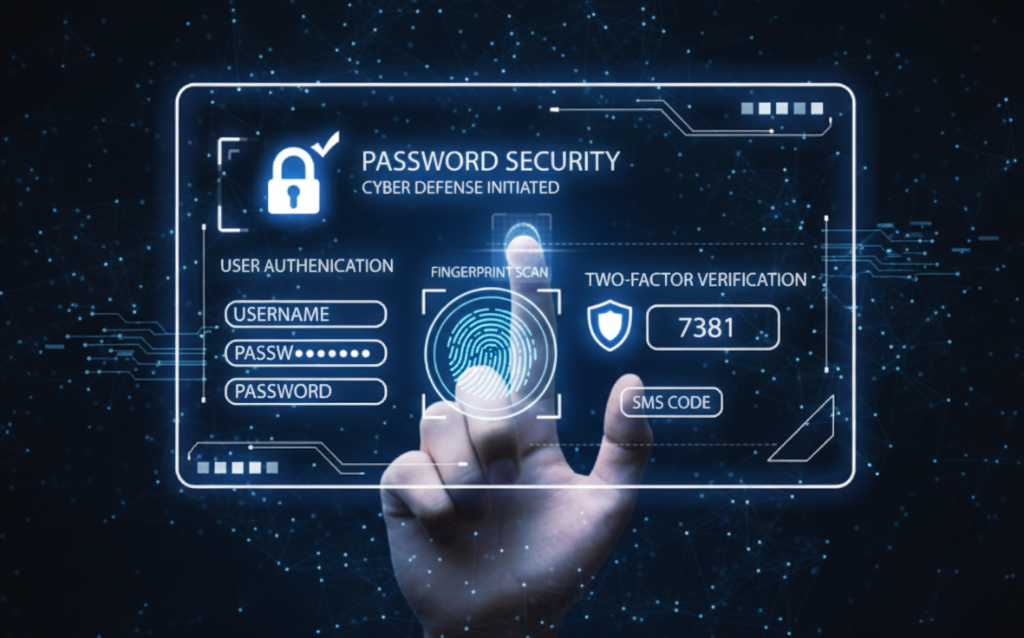2 minutes read

When most people create a new password, the quick fix is to take a word they like and throw a number at the end. It feels stronger, right?
Sadly, hackers know this trick too. Their tools are built to guess these patterns, which makes “word+number” one of the easiest things to crack.
The Real Problem with “Easy Fix” Passwords
Weak passwords are still the reason many accounts get hacked.
Cybercriminals don’t always need advanced methods; they rely on people making the same predictable choices all the time.
And once they find one weak password, they’ll try it on all your other accounts too, scary right?
How to do it Better?
Think of your password as a front door lock. Would you trust the security of your house on any cheap lock? Probably not. Here is what works:
- Go long: The longer, the better, starting from 12 characters or more.
- Ditch predictable patterns: Adding numbers or symbols at the end isn’t enough, so mix them in between as well.
- Use phrases: A string of random words (like BlueCoffeeRiverTrain) is easy to remember and tough to guess.
- Mix it up: Never reuse the same password across different accounts.
- Add MFA: Use multi-factor authentication on all accounts you have.
Make Life Easier
Remembering dozens of passwords is tough, so better start using a password manager. It stores and encrypts all your logins, and you only need to remember one master password.
Keep that master password safely stored, like in a home safe, where only you can access it.
Final Thought
Good password habits don’t take much extra effort, but they make a huge difference.
Next time you’re about to add a number to the end of a password, pause and think: Could I make this longer, stronger, and less predictable?
A little change today could save you from a big headache tomorrow.